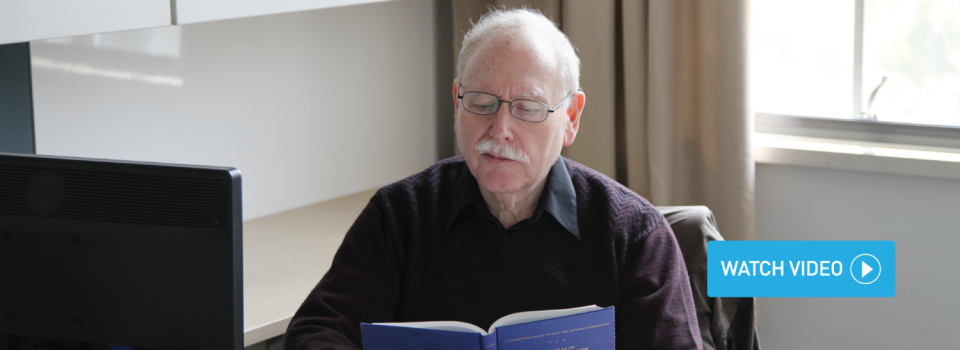
Videos of the Mini-Course:
The Mini-Course is sponsored by NYU-ECNU Institute of Mathematical Sciences at NYU Shanghai.
© 2016 NYU Shanghai
For more information, please see the flyer here: Click>>
Every Tuesday, Feb. 23 - Mar. 22, 2016
Abstract:
We review a number of old results concerning certain statistical mechanics models and their possible connections to the Riemann Hypothesis.
A standard reformulation of the Riemann Hypothesis (RH) is: The (two-sided) Laplace transform of a certain specific function Ψ on the real line is automatically an entire function on the complex plane; the RH is equivalent to this transform having only pure imaginary zeros. Also Ψ is a positive integrable function, so (modulo a multiplicative constant C) is a probability density function.
A (finite) Ising model is a specific type of probability measure P on the points S=(S1,...,SN) with each Sj = +1 or -1. The Lee-Yang theorem (of T. D. Lee and C. N. Yang) implies that for non-negative a1, ..., aN, the Laplace transform of the induced probability distribution of a1 S1 + ... + aN SN has only pure imaginary zeros. There are also other models, where the variables are real-valued or vector-valued which have moment generating functions with only pure imaginary zeros.
An intriguing question is whether it's possible to find a sequence in N of models and generating functions so that the limit as N → ∞ of such distributions has density exactly C Ψ. We'll discuss some of the cases where one can study the limiting distribution and some hints as to how one might try to find the "right'' choice.
Biography:
Charles M. Newman, Silver Professor of Mathematics at the Courant Institute and Global Network Professor at NYU-New York and NYU-Shanghai, received B.S. degrees in Mathematics and in Physics from MIT and M.S. and Ph.D. degrees in Physics from Princeton. With 200+ published papers, mainly in probability and statistical physics, he has been a Sloan and Guggenheim fellow and is a member of the U.S. National Academy of Sciences, the American Academy of Arts and Sciences and the Brazilian Academy of Sciences.
>> RSVP HERE


